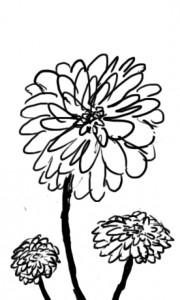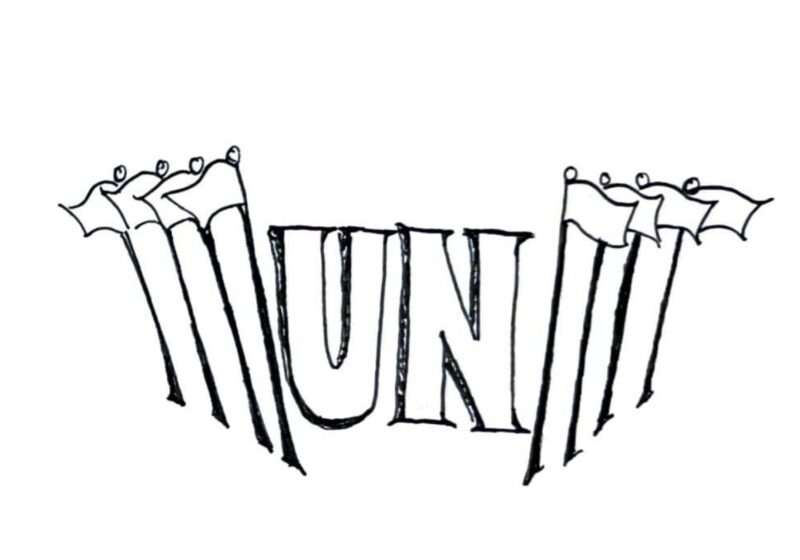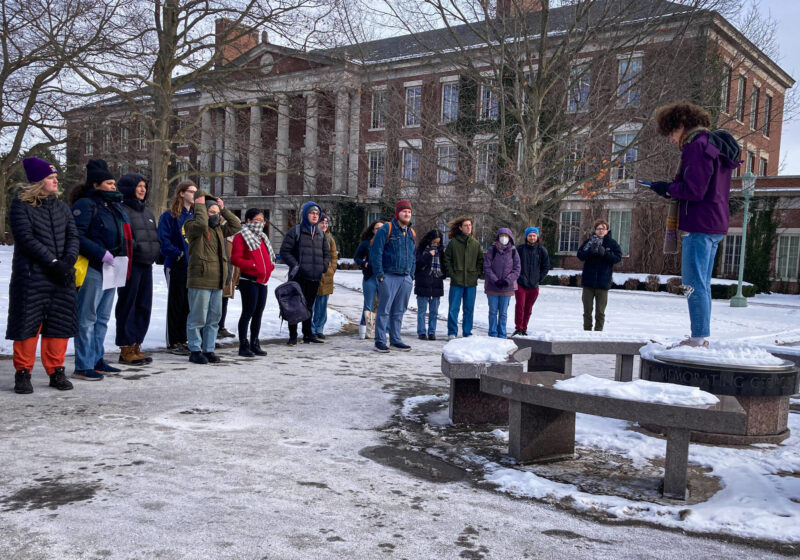On Friday, April 26, UR will hold its 62nd Dandelion Day. Over the years, Dandelion Day, more colloquially known as D-Day, has changed from epic tug of war to day-drinking on the quad to a disappointment in the eyes of some upperclassmen. How has D-Day changed over the years? What has caused this change? Let’s go back to the beginning and start with the first D-Day.
The first D-Day was held on a Wednesday in May 1951. The CT cited that D-Day was set aside to honor “students who have contributed to campus life and provide entertainment for all students and faculty members.” D-Day originally was an event held in Genesee Valley Park with different activities and sporting events. For the first eight years of D-Day, women were not allowed to partake in the festivities.
On the first D-Day, the events included a morning assembly, where awards and prizes would be presented, a full-dress review of the NROTC unit in the afternoon, the annual “Frosh-Soph Tug Of War,“ and a varsity baseball game with Hamilton College. The day finished with the Dandelion dinner in Todd Union.
The first event of the day was the 10 a.m. assembly held in Strong Auditorium. During this event, new members were named to the Mendicants, the junior honorary society which raised money for blankets to be used as third-year varsity letter awards, and the Yellow Key, sophomore honorary society, that acted as hosts to visitors at many UR functions.
The famous “Frosh-Soph Tug of War” had been a long-standing tradition at UR, and was incorporated early on into D-Day. This event was held in the Genesee River near GVP and was one of the biggest rivalries on campus. According to tradition, freshmen were given the muddier, soggy side of the creek. Luckily, the Class of ’54 prevailed and beat the class of ’53 in the first annual tug of war.
As the years progressed, D-Day changed from a more mild event to a much wilder one. In 1974, D-Day was a two-day event taking place on April 19 to the 20. Some of the activities included a professional carnival with rides, a cart race, a concert by the Women’s Ensemble and the YellowJackets, demonstrations by special interest groups, a barbecue with a Dixieland Band, and a beer truck. Cart races and the infamous “car smash” held by fraternities were among the highlights of the ’74 D-Day.
Fast forward to spring 1988, when the social activities board and the Wilson commons program board hosted D-Day on Saturday, April 23. D-Day was centered around the theme of “unity” in which there was a multicultural tent sponsored by various ethnic groups on campus. Several different local restaurants featured booths at D-Day, and the band “The Alarm” played on the Eastman Quad. Fraternities and sororities sponsored events such as the “Phi Sig Squirt Gun Booth” and “Phi Kappa Tau Jello-Slurping Booth.”
In the ’80s, Newsweek Magazine rated D-Day “as one of the nation’s 15 best college parties,” a description that rang true throughout the ’90s. In the 2000s, however, things started to change.
“[In the] recent past, D-Day has been a problematic day because of the history of high-risk activity associated with the day,” Dean of Students Matthew Burns said.
In the past decade or so, this issue has become prevalent on campus. Efforts were made to reduce the excessive drinking, but they didn’t work. Toning down the day to just a concert and nothing else failed because students would throw parties on their own.
Something had to be done to make D-Day a fun and safe day for all to enjoy.
Instead of canceling it, Burns explained that “we decided to get a bigger band, have more activities, and move D-Day to a Friday. We wanted to make D-Day moreso a community day with more faculty and community members in attendance.”
After surveying students during and after D-Day 2012, Burns explained that “students reacted positively to the changes,” which is why D-Day will be held again this year.
Some students, however, did not react so positively to the changes. Such students feel that last year’s experience was a disappointment, citing a lack of freedom that stymied participation.
“Three years ago when I was a freshman, it was much more exciting, and D-Day represented the spirit of UR students. It has changed over time,” a senior, who asked to remain anonymous, said. “Those who take advantage of it or abuse [D-Day] should be dealt with exclusively, and the rest of us will continue on,” she continued.
Former CAB President and KEY scholar Bradley Halpern has helped plan the past four D-Days. In his time, he has come to find that weather and a feeling of campus community experience are the most important variables in a D-Day’s success.
“I think everybody views the traditions of the day differently,” Halpern said. “Because of its history here, nobody wants to see the day go away. Lots of people view alcohol as a key part of the tradition, some people don’t… but in either case, most peopleinvolved in the planning view alcohol as a beneficial component in moderation.”
Despite having been changed over the years, what remains of D-Day is the tradition of students celebrating the end of classes, the arrival of spring, and UR’s history.
Teitelman is a member of
the class of 2016.





